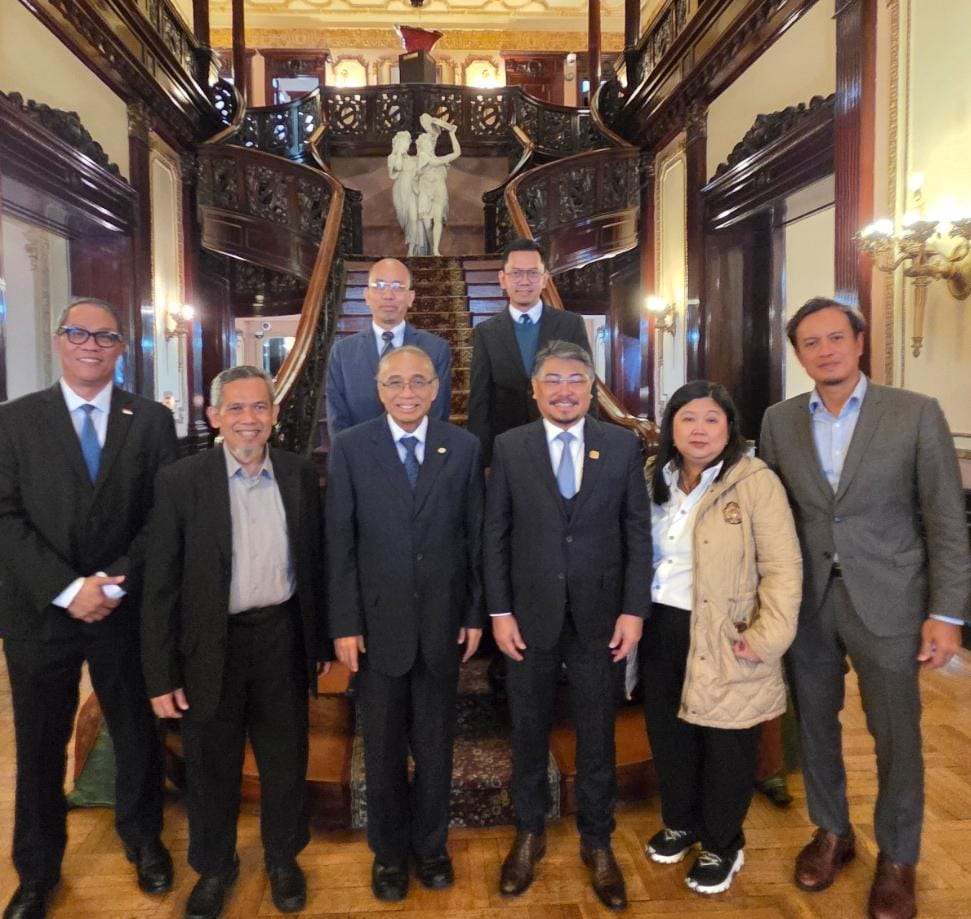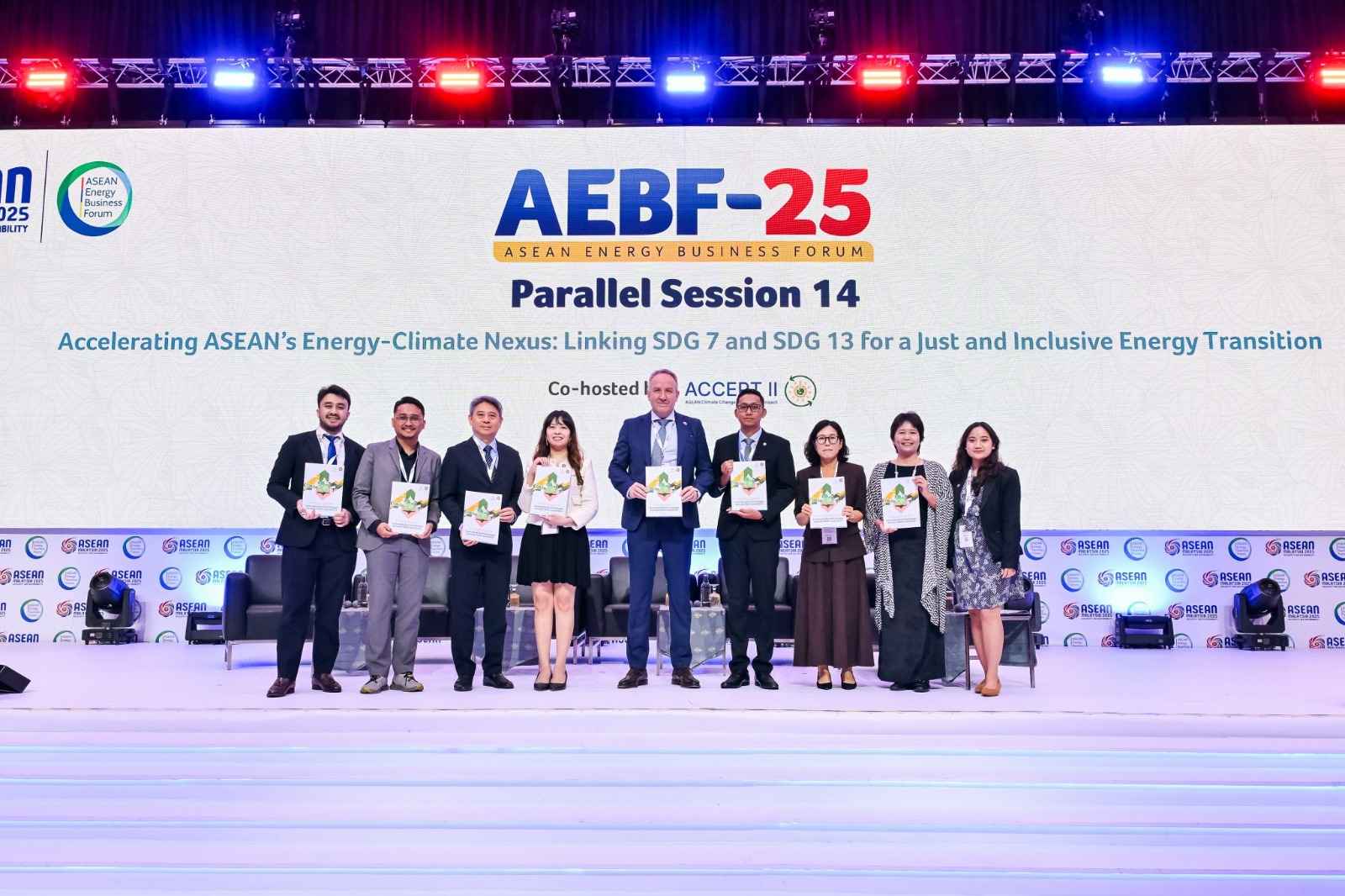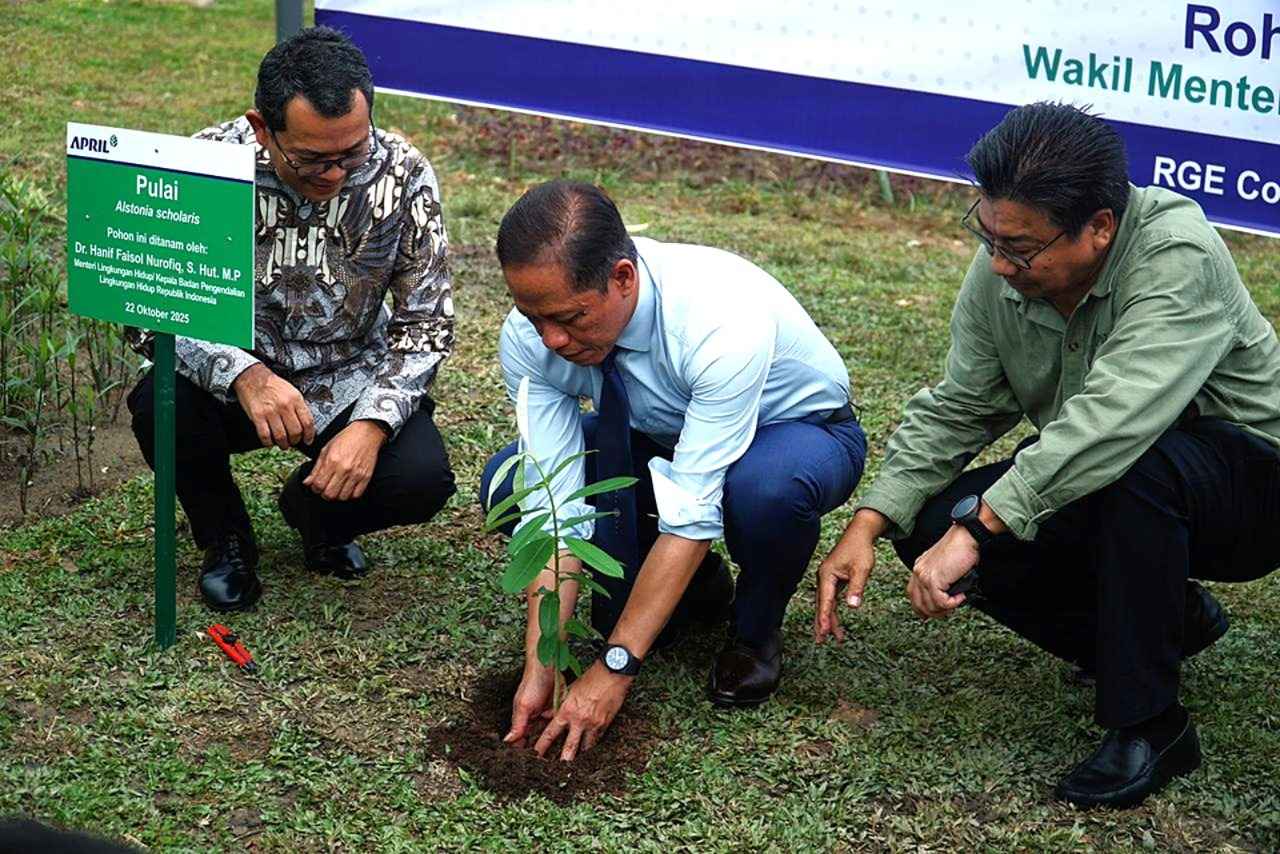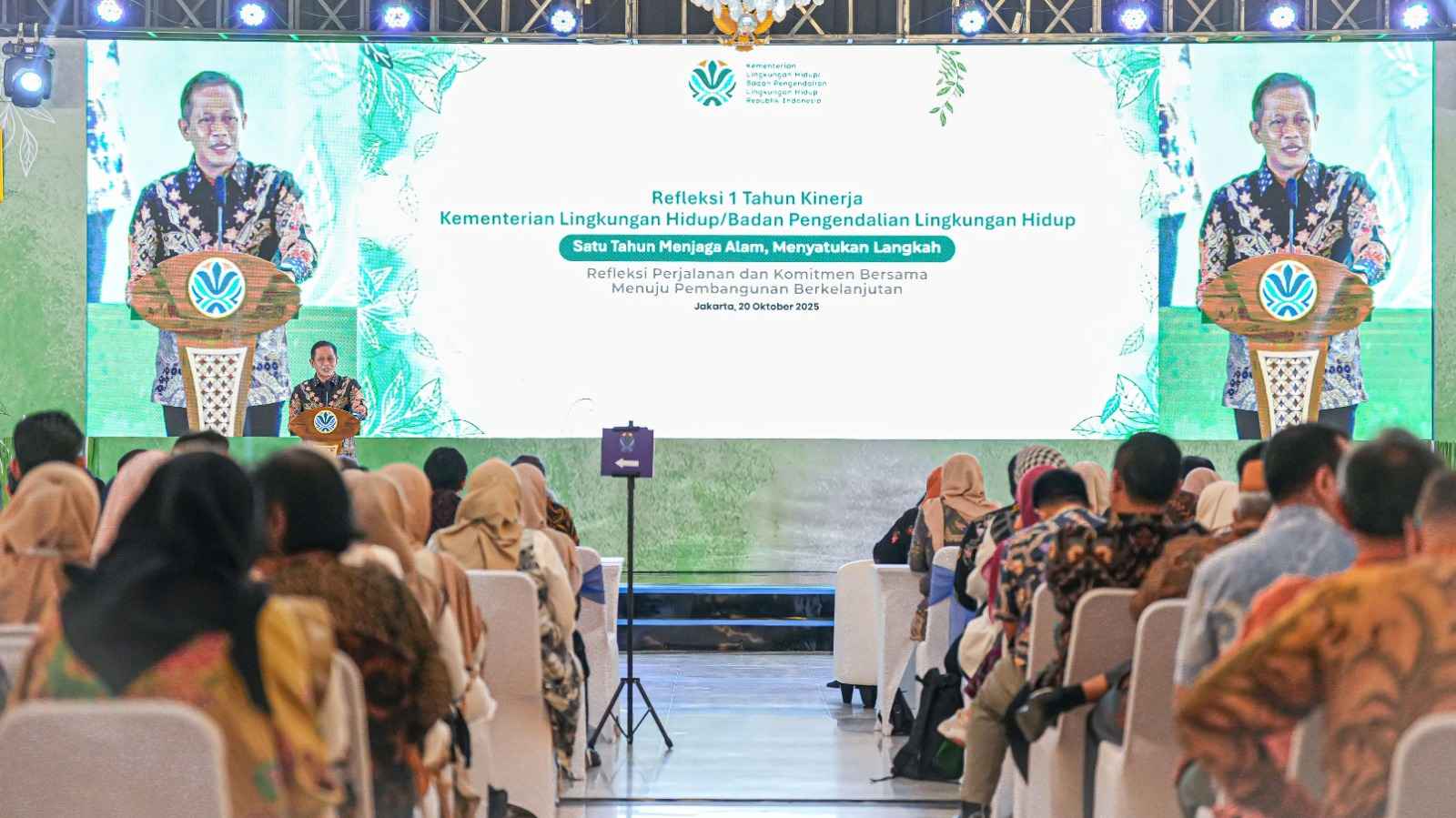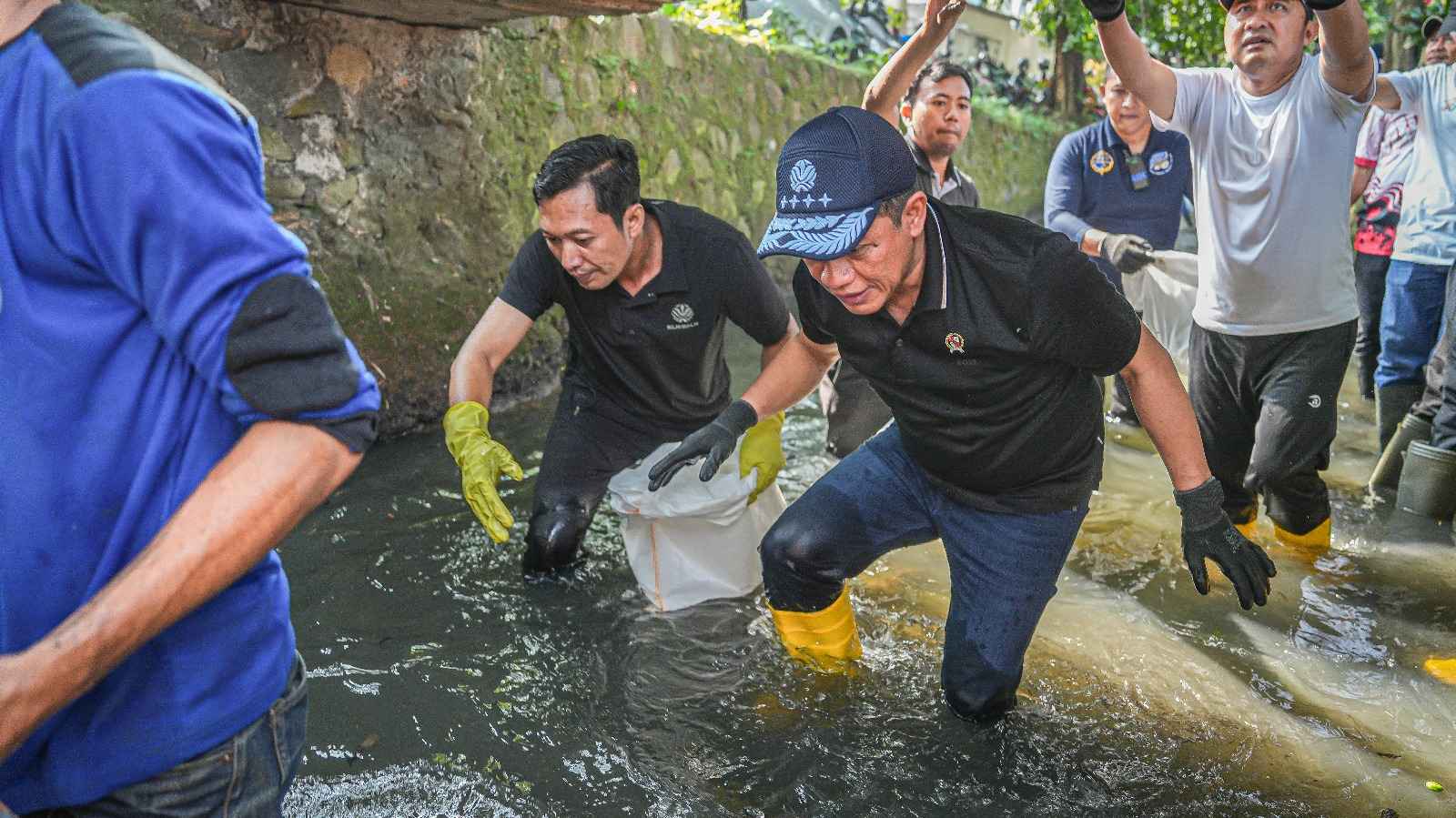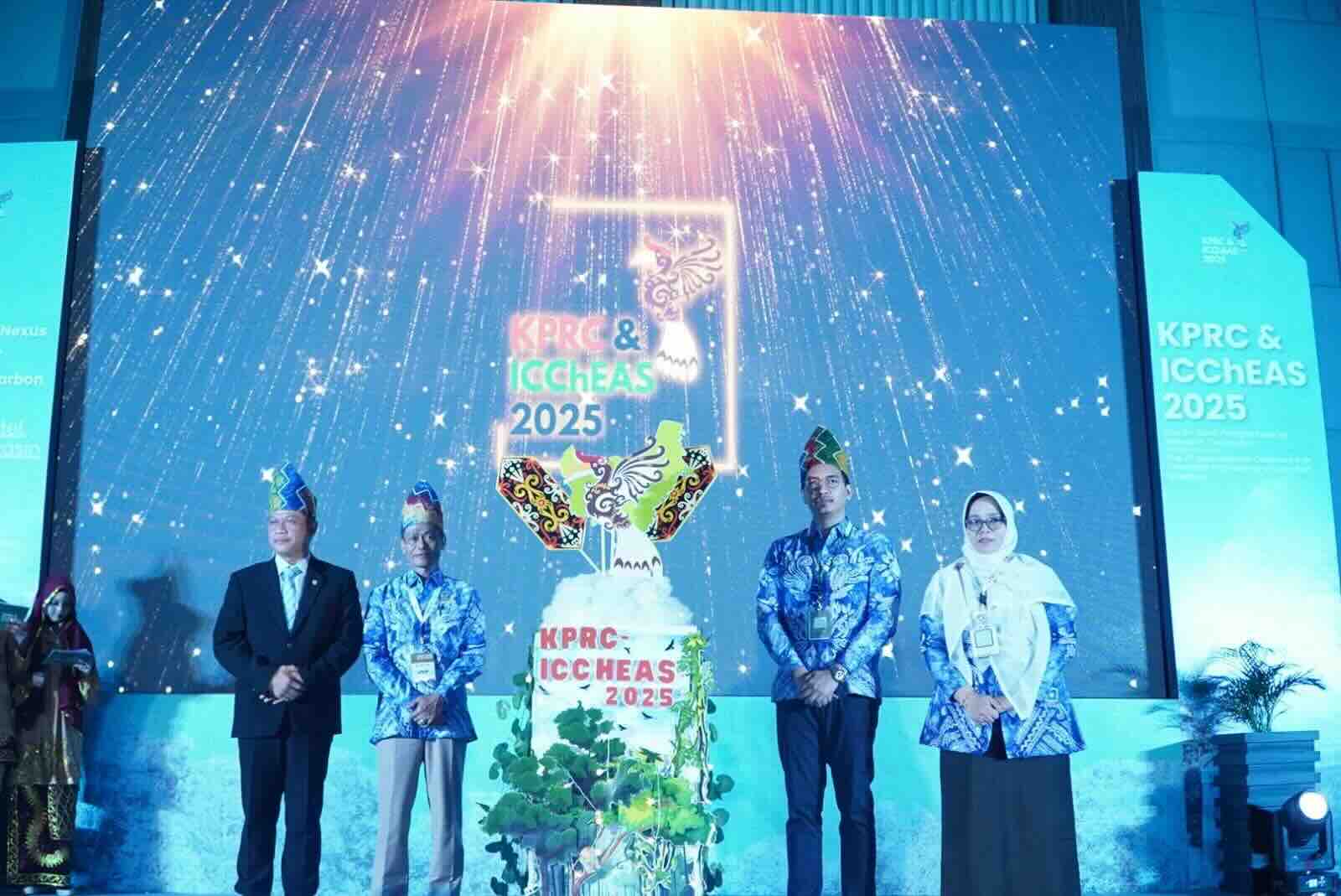Enviro News Asia, Jakarta — The Government of Indonesia reaffirmed its commitment to establishing a fair, transparent, and sustainable Carbon Economic Value (NEK) system as a key instrument for national climate finance. The commitment was emphasized during the launch of the book “Safeguard Instruments for Carbon Economic Value”, a collaborative effort between the Ministry of Environment (KLH), the Attorney General’s Office (AGO), and the Indonesia Ocean Justice Initiative (IOJI), held during a seminar titled “Realizing a High-Integrity Carbon Price through Strengthened Social, Environmental, and Legal Safeguards in Indonesia” in Jakarta.
The launch marked an important milestone in strengthening Indonesia’s carbon market governance—ensuring it is not solely focused on economic benefits but also grounded in social justice, environmental protection, and the rule of law.
In his remarks, Minister of Environment Hanif stressed that the NEK must operate as an economic ecosystem built on honesty and accountability.
“We continue to promote the implementation of the Carbon Economic Value to ensure fairness, transparency, and sustainability. NEK is not merely a transactional mechanism, but a tool to guarantee justice for communities whose livelihoods depend on natural resources,” Hanif stated.
He also emphasized the importance of integrity in every carbon transaction, particularly those involving international partners.
“We must remain prudent and never engage in dishonest practices within the NEK mechanism, especially with foreign buyers. A single act of fraud could destroy market trust and harm the nation in the long term,” he warned.
Minister of Marine Affairs and Fisheries Sakti Wahyu Trenggono highlighted the strategic role of the marine sector in mitigating climate change through the management of blue carbon.
“The ocean is not only a victim of global warming but also part of the solution. With transparent and measurable blue carbon governance, we can strengthen coastal resilience, improve fisherfolk welfare, and contribute to national emission reduction targets,” Trenggono explained.
From the law enforcement perspective, Attorney General ST Burhanuddin stated that the AGO is preparing legal guidelines for handling violations related to NEK implementation.
“The Attorney General’s Office is committed to safeguarding the credibility of environmental policies. These guidelines will serve as a framework for prosecutors to act professionally and proportionately in the event of violations,” Burhanuddin noted.
This step ensures that Indonesia’s carbon market mechanism is not misused for narrow interests and remains based on accountability principles.
Meanwhile, IOJI CEO Mas Achmad Santosa reminded that NEK implementation must remain aligned with the primary goal of climate change mitigation, not merely economic incentives.
“Global experience shows the risks of human rights and legal violations — from climate-washing to carbon crimes like fraud and corruption. Indonesia must learn from these,” he said.
IOJI emphasized the importance of the Free, Prior, and Informed Consent (FPIC) principle and equitable benefit-sharing for local communities as part of the NEK safeguard system.
Through the launch of Safeguard Instruments for Carbon Economic Value, the government and stakeholders reaffirmed that the success of the green economic transition should not be measured solely by the volume of carbon investment, but also by its credibility, fairness, and socio-environmental impact.
Indonesia is now positioning itself as a major player in the global carbon ecosystem — not only as a nation rich in natural resources but also as one committed to managing its economic value with integrity and responsibility. (*)





